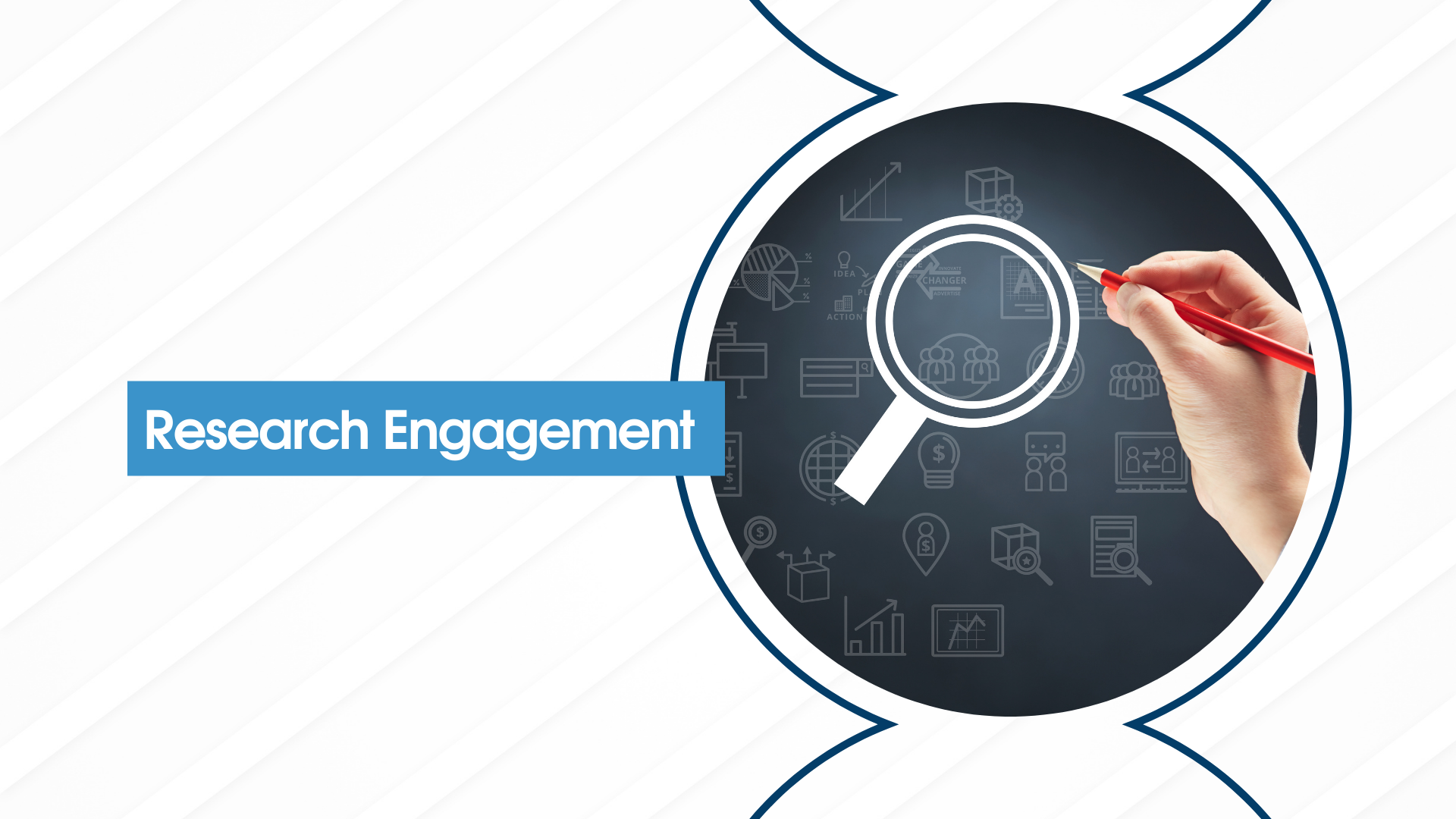
Teachers as individuals-in-context and individuals-in-relationship:
A national study of the precursors of civic activism and curriculum integration intention among public school teachers in the Philippines
Allan B. de Guzman, Belinda V. de Castro, Joel L. Adamos
and Gina M. Lontoc
University of Santo Tomas
Abstract
With the shift in citizenship education from a juridical discourse to collective participation agenda, and as a powerful means in achieving social capital, vis-a vis the current emphasis on neoliberal discourses revolving around accountability and the Global Education Reform Movement (GERM), the need to reaffirm the role of educational institutions in providing a clear-cut nexus between citizenship and social context cannot be underestimated. Drawing upon Westheimer and Kahne’s Continuum of Democracy and Biesta’s notion of learning democracy where democratic citizenship is not viewed as an individual attribute rather as having individuals-in-context and individuals-in-relationship, this study reports the results of a national survey involving a total of 33,648 public school teachers from the 16 regions in the Philippines. A multi-aspect survey questionnaire was deployed online to develop a model that describes the precursors of civic activism and curriculum integration intention among a select group of public school teachers. Results of structural equation modelling revealed that among the teacher respondents’ profile, higher educational attainment, the practice of Catholic religion, involvement as school-based organization adviser, and professional development engagement showed a weak positive effect on their civic engagement attitudes and efficacy. Apparently, results of the regression analysis showed that teachers’ involvement in consumer protection activities, high assessment of perceived seriousness of social problems, and high perceived institutional trust do not contribute much on their civic engagement attitudes and efficacy. Interestingly, the strong positive effect of teachers’ civic activism on their intent to integrate the social context with the curriculum holds a number of implications to making teachers not only as the gatekeepers of pedagogy but active agents in making the shift from teaching democracy to learning democracy a promising and revolutionary landscape in Philippine education. Examining the role of Facebook use intensity, information-seeking behavior in civic engagement among Filipino youth during the COVID 19 pandemic
Allan de Guzman 1 , Belinda V. de Castro 1 , Joel Adamos 1
and John Christopher Mesana 2
University of Santo Tomas 1
Colegio de San Juan de Letran 2
ABSTRACT
While the COVID-19 pandemic has become an acid test for global resilience, solidarity, and renewal, it has also created an empirical space to reconcile tensions between and among social realities. Notably, at the crux of the rise of diverse democracy, the growing popularity of Facebook use, and the promises of digital citizenship, is the youth sector whose action and inaction in the midst of a global crisis may pose a number of perils and questions to their pivotal role in nation building. A cross-sectional investigation involving a total of 334 youth respondents aged 15-24 was carried out to examine the interactive influence of Facebook use intensity and information-seeking behavior on
their civic engagement during the COVID-19 global health crisis. Through the use of multivariate analyses such as factor analysis and structural equation modelling (SEM), results indicated that the Filipino youth’s more intense use of certain facets of Facebook contributed less to their engagement in civic activities, despite the positive correlation between their information-seeking behavior and intensity of use. Notably, results of this study depicted the Filipino youth as a sector operating in a realm where the prevalence of a culture of Facebook regular use outweighed a culture of purposive use. Implications of this study to youth empowerment and positive development are also discussed in this paper.
de Guzman, A., de Castro, B., Adamos, J., & Mesana, J. C. (2020). Examining the role of
Facebook use intensity, information-seeking behavior in civic engagement among Filipino youth during the COVID 19 pandemic. QUARANTEEN: Narratives of the Filipino Youth Amidst a Pandemic; Issues, Challenges and Opportunities, 1, 181-210
